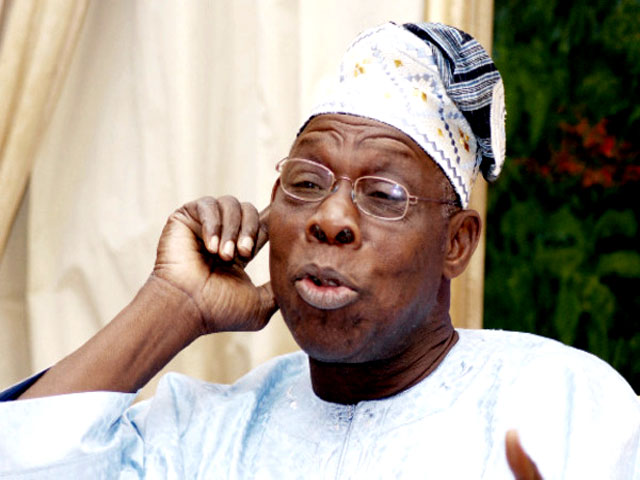The no love lost between President Goodluck Jonathan and former President Olusegun Obasanjo is showing no signs of abating with the former president blaming his successor for the insecurity in most parts of Northern Nigeria following attacks by the Islamist sect, Boko Haram.
In a recent interview published in this month’s edition of the pan-African magazine, New Africa, Obasanjo accused Jonathan of mismanaging the security issues bedevilling the country.
“If the president is the chief security officer of the country and there is a security problem, where do you go for solution? And if that solution is not coming from the chief security officer, who has everybody and can mobilize everybody, inside and outside to get a solution, then he has the responsibility to solve the problem. And nobody else should be blamed but him.”
Obasanjo’s criticism comes in less than a week after one of his former ministers, Dr Oby Ezekwesili accused Obasanjo’s successors, late President Umaru Yar’adua and incumbent President Jonathan, of squandering $67bn left in the nation’s foreign reserves.
Obasanjo had also resigned his chairmanship of the Board of Trustees (BoT) of the ruling Peoples’ Democratic Party, in a move that surprised many. His faction is currently locked in a battle with Jonathan’s to produce the next chairman of the board.
Meanwhile, while President Jonathan is yet to visit Borno or Yobe States since the start of the insurgency, former President Obasanjo initiated some peace moves when he travelled to Maiduguri and met with some personalities. However, Vice-President Namadi Sambo is scheduled to go on a one-day visit today to Borno State.
In the interview, Obasanjo also challenged claims made by Nigeria’s literary giant, Chinua Achebe regarding the civil war and that the Igbos have been marginalized by successive administrations.
“Maybe he is making those remarks because he is not living in Nigeria. If he was living in Nigeria, when I was the president of this country, an Igbo lady was my Minister of Finance, and Igbo man was the Governor of the Central Bank; an Igbo man was one of the military service chiefs. The permanent representative to the UN was also an Igbo person. What more do you want? For someone to say the civil war has not ended, 40 years after its conclusion, that person is living in the past.”



Leave a Reply